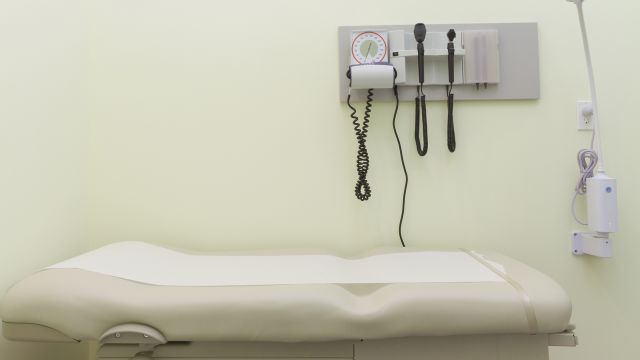Although irritable bowel syndrome with constipation (IBS-C) and chronic idiopathic constipation (CIC) are common, the two conditions can be challenging to diagnose and difficult to differentiate from one another. Both cause persistent, long-term constipation and share a number of other overlapping symptoms. While some criteria consider IBS-C and CIC separate disorders, others argue that they are part of the same continuum of disorders.
Here, we look at how IBS-C and CIC are diagnosed.
Diagnosis of exclusion
One challenge of diagnosing IBS-C or CIC is the fact that the symptoms are non-specific. In medical terms, non-specific refers to symptoms that can have a number of different causes and do not point to a clear and obvious diagnosis. Symptoms associated with IBS-C and CIC include:
- Constipation (having fewer than 3 bowel movements per week)
- Abdominal pain
- Gas and bloating
- Feeling that a bowel movement is incomplete
- Straining during bowel movements
- Passing stools that are hard, dry, or lumpy
- Changes in bowel habits
Another challenge of diagnosing IBS-C and CIC—the causes of these conditions are unclear and there is no test for either disease. The diagnostic process involves eliminating the other possibilities that could be causing these symptoms. This is called a diagnosis of exclusion. When all other possibilities have been excluded, IBS-C or CIC is left as the only remaining explanation. Whether a person has IBS-C or CIC depends on their specific symptoms and the severity of those symptoms (which are discussed below).
Exams and tests to diagnose IBS-C and CIC
When looking for the cause of constipation, a healthcare provider will complete a physical exam and review your medical history, including symptoms, family history, recent infections or illnesses, medications, and mental health. A blood panel will typically be a part of the physical exam. Other lab tests may be ordered to check for lactose intolerance, bacterial overgrowth in the small intestine, and abnormalities in stool samples. In some cases, a healthcare provider may order other exams that look at the physical structure of the GI tract. These can include imaging tests like X-rays or CT scans, and procedures like endoscopy, colonoscopy, or sigmoidoscopy.
Diagnosing IBS and CIC
The diagnostic criteria for IBS and CIC are continuously being updated, as healthcare providers and researchers learn more about the disorders, how and why symptoms manifest, and the experiences of patients afflicted by long-term constipation. In the past, IBS-C and CIC were considered separate disorders. More recently, some have argued that the conditions a part of the same continuum of functional GI disorders. While symptoms overlap, traditionally the difference between the two is that abdominal pain was a primary symptom of IBS and a secondary symptom of CIC.
There can be much overlap among the symptoms of CIC and IBS-C, symptoms can change over time, and GI disorders are a different experience for every person. The most important thing to do if you have persistent constipation and related symptoms is to work with a healthcare provider who can accurately diagnose the cause and come up with an appropriate treatment plan.






